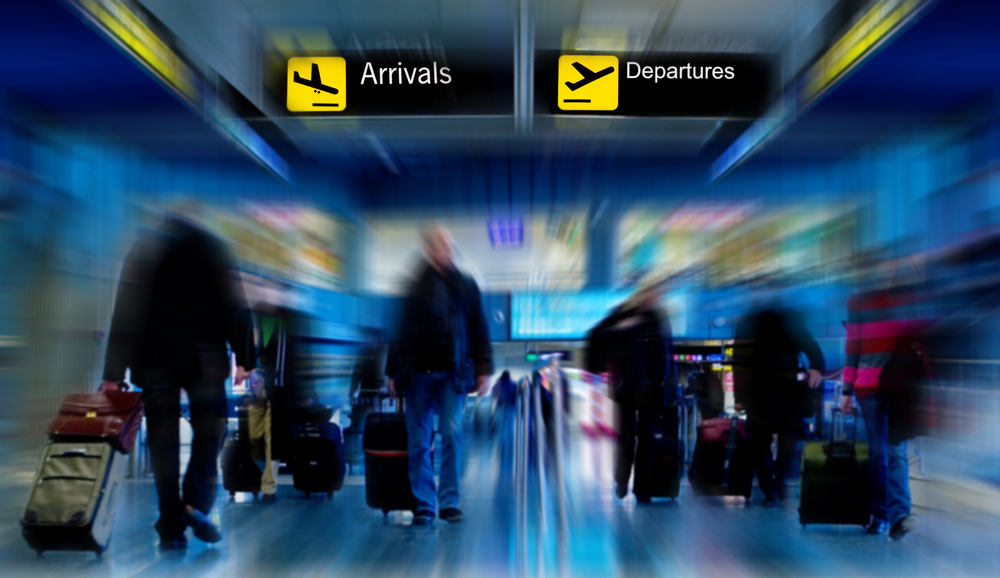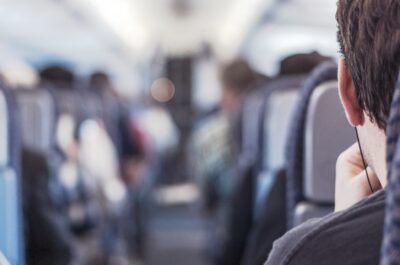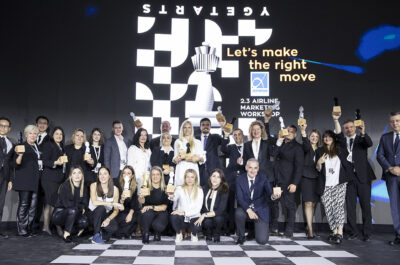The new name of the game is experience: evolving core propositions to better cater for customers’ broader travel needs, growing touch-points, data capture, and most importantly, share of wallet.
Today’s travel brands are pushing to break out of their traditional categories. A hotel doesn’t want to be seen just as a place to stay any more than an airline wants to be seen just as transport from A to B. The new name of the game is experience: evolving core propositions to better cater for customers’ broader travel needs, growing touch-points, data capture, and most importantly, share of wallet. Consumers are increasingly choice-rich, time-poor and unwilling to compromise. Those brands offering the most relevant and enjoyable experiences hold the aces in the pack.
The travel experience is no longer the purview of experienced, legacy brands. Agile new players with a tech and data-driven focus are pushing to become the go-to brand for experience seekers in the same way Airbnb did. The opportunity is huge – Airbnb’s CEO, Brian Chesky, expects half of his company’s revenue to come from Airbnb Trips, its experiences division, by 2020. Even finance companies are moving in, as American Express’ recent acquisition of virtual travel assistant, Mezi, highlights. It’s an opportunity that travel companies can’t afford to miss out on. Just as the technology sector turns to travel, travel is turning to technology as a tool to facilitate smarter, more personalised experiences, to drive deeper customer devotion.
With this in mind, we ask: how will the travel industry evolve in 2018?
A Tale of Two Airlines
The divide observed between business and economy air travel is only going to grow this year, with a focus on more innovative, higher-quality experiences for those willing to pay more. Airlines are pouring funds into trying to differentiate their top-tier product from that of competitors’. Most recently, Lufthansa launched seven-foot business class seats and British Airways announced investment in catering and new partnerships to improve their soft product. With airlines placing a greater focus on business, it’s even possible that 2018 will see the beginning of the demise of first class, yet the beginning of a whole new personalised and exciting chapter, ‘Custom Class’ – the truly customised flight experience.
Simultaneously, airlines will continue to simplify and unbundle their economy product, helping them compete with established ultra-low-cost-carriers and new, lifestyle-oriented budget brands, such as IAG’s Level and Air France’s Joon. Doing so will be necessary if they are to continue to attract the typical infrequent flyer, primarily motivated by cost. Yet these travellers still want an enjoyable experience and the chance to tailor their journeys as they see fit. Unbundling to deliver basic economy with ancillary services – from lounge access at the airport, to refreshments and Wi-Fi onboard – will allow customers to build the flight tailored to meet their unique demands, while retaining profits for airlines.
Frequent flyers, on the other hand, will benefit from airlines’ investments in improving their premium offerings. For these passengers, the whole customer journey, from the technology they use to the time spent on-the-ground in airports, needs to be seamless, relaxing and luxurious. Airlines, for example, will spend more time and resources ensuring they deliver on lounge access and more seamless airport navigation through security and check-in. They’ll also look at innovative ways to extend their reach beyond the airport – be that the hours in the run up to your arrival, or even the days after you land. The opportunity for extending and improving customer engagement is vast and equally as exciting.
Paying it forward
The mandated removal of surcharges, and continued growth of frictionless payments, will help make spending easier for customers and drive impulse purchases in the travel space. This won’t just benefit airlines pushing ancillary products. Other travel brands, such as hotels, will look to offer additional guest services – including airport transfers, experiential events, express check-in and check-out, seamless room service (using mobile apps), or even childminding.
Additional spend will increase and rich new consumer data will enable personalisation of long-established ancillary services, such as insurance, to individual travellers – as our recent partnership with easyJet and Zurich highlights. Making payments easier, coupled with greater general implementation of dynamic pricing, will create more opportunities for the on-the-day sales of added services. Lounge access and concierge services on-the-go will become the norm for the typical traveller, driving sales and offering additional touchpoints to build loyalty.
With the general shift in the airline industry from miles flown to pounds/dollars spent, we’re also seeing a blatant shift in psyche in terms of how airlines believe their customers should be prioritised and rewarded. The risk of course is the disenfranchised consumer. Whilst smarter payment functionality and decoupling of solutions creates increased opportunities to earn and redeem throughout the travel journey, the challenge (as always) is balancing revenue generation, personalisation and positive customer experience. Paid for memberships is one of many solutions to this conundrum, and whilst it represents a huge step-change for many, it’s hard not to be inspired by the likes of Amazon Prime – the ultimate champion of the paid for membership model.
As more pounds and dollars are spent, airlines will leverage increased amounts of data through their frequent flyer programs (FFPs). This creates a huge opportunity for more targeted upsell and ancillary offers, as well as improving the appeal and presence of their programs within members’ day-to-day lives. Widening the availability of opportunities for both earning and redeeming loyalty points has been a key development for loyalty programs, making them more relevant to infrequent flyers. Card-linked offers and tying the cost of flight redemptions to the commercial cost of a ticket, are two great examples of how airlines can boost revenue while also driving better engagement for their members.
Connecting the connected
For customers, greater connectivity means greater control and with it, greater personalisation. In short, it’s the route to better customer experiences and a smart way to increase revenues.
To help facilitate this trend, in-flight connectivity will become mainstream. It no longer makes sense for low-cost carriers such as Norwegian to install integrated systems on their long-haul flights, which is why they weren’t included in their new 737 Max jets that fly from Europe to the East Coast of the US. Instead, in-flight entertainment systems which tie into flyers’ own devices provide an easy solution that improves the travel experience, while providing another opportunity for on-the-day sales and crucial insight into customer behaviour.
The Internet of Things (IoT) holds great potential to transform the hotel experience for guests. As Hilton’s ‘Connected Room’ demonstrates, richer customer data can be used to create rooms that are personalised to individuals, from preloading content to personal greetings, all controlled from a smartphone. It’s not the only hotel moving in this direction, with most hotel chains looking to benefit from in-room IoT deployments.
These same hotel chains are also exploring how voice assistants – already a mainstay in home environments – might be used to improve guest experiences, for example advising on local points of interest. Travel companies using this voice technology will benefit from a wealth of data. Over time, advancements in artificial intelligence (AI) will enable voice assistants to offer proactive, contextual responses to travellers, making full use of their user profile, historical patterns and real-time booking information for even better personalisation.
Peter has over 25 years of expertise in industries across the travel sector, having previously worked for companies such as InterContinental Hotels and easyJet Airlines where he managed innovation and new product development for the leading European low-cost carrier. With global experience in loyalty, marketing, eCommerce, sales and product development, Peter is responsible for defining the vision, leading the strategy development and innovation of Collinson Group’s suite of products for the traveller and travel industry.










































































































































































